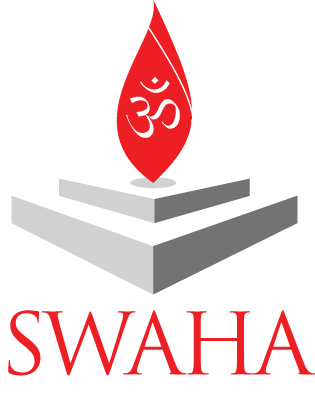If a Hindu leader refuses to speak about politics to his congregation and prepares sermons that are more likely to shy away from the reality of their existence, then that leader and his following becomes disconnected and incapable of making any real change for the betterment of society. What better example to use than the principles and values portrayed by Shree Ram in the ‘Ramcharitmanas’ where one can find ideal leadership skills, sound politics and successful decision making that benefits all subjects.
Shree Ram has faced many challenges that mirror the political landscape of today. If we put the ‘Ramcharitmanas’ on a pedestal and angle our discussions on a few ‘kathas’ and ‘khands’ then we can never appreciate the essential decisions that had to be made and the tremendous sacrifices that Shree Ram and his subjects had to undergo for eventual happiness. Even the political decisions of Ravan lend some food for thought as to the very thin line leaders walk on when surrounded by or personally affected by immorality.
It is safe to say that there is no political quandary in the present day in which an exact or similar equivalent cannot be found in the ‘Ramcharitmanas’. Why then is our political climate so uncomfortable and unpleasant to bear? As society progresses, religion and values regress. It is an unfortunate outcome of developing economic systems and infrastructure that the intangible value systems and core philosophical constructs become neglected. Any machine without a relevant user manual will cause the operation of that machinery to fail. Our religious texts and perfect leaders found in them should be the foundation for any society to build on; sadly, they are used as umbrellas to shelter from the rain whilst most ineffective during a storm. We need to adhere to our ‘Dharma’ and in so doing every aspect of our life will flourish whilst we deal with living in a country as special as Trinidad and Tobago – a country our ancestors built with blood, sweat and tears; a country we must strengthen for our children.
By Pt. Varistha Persad
